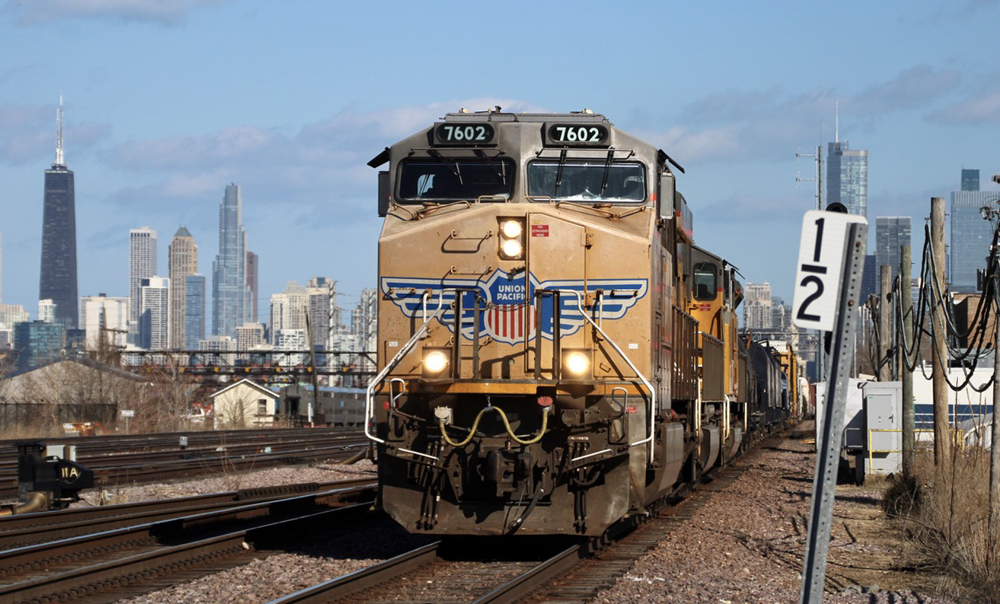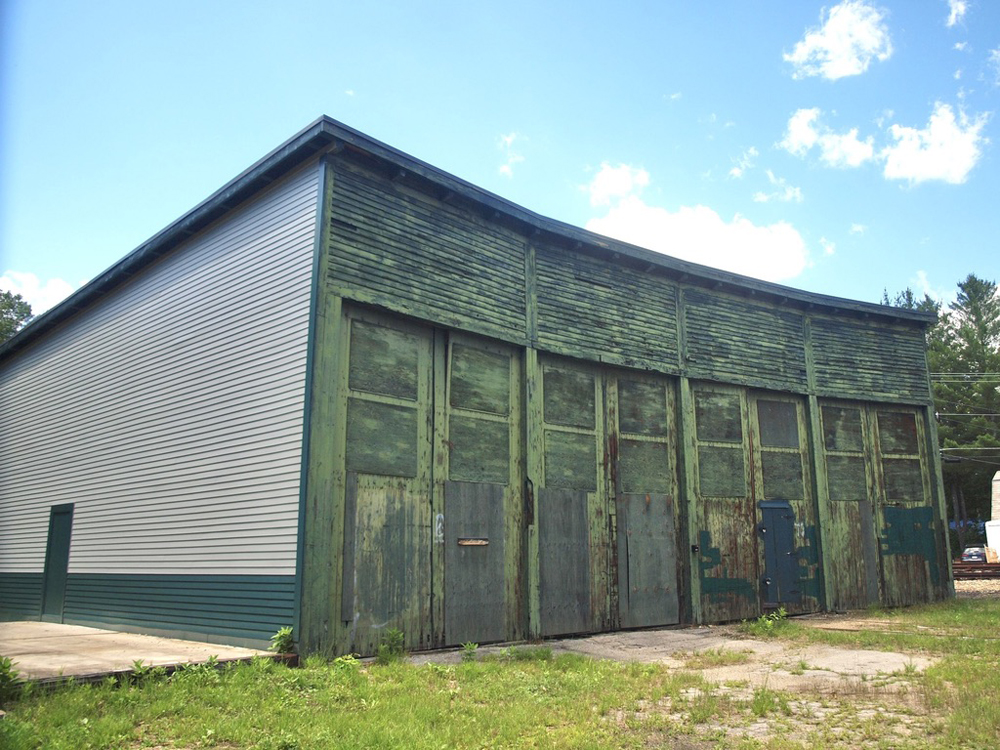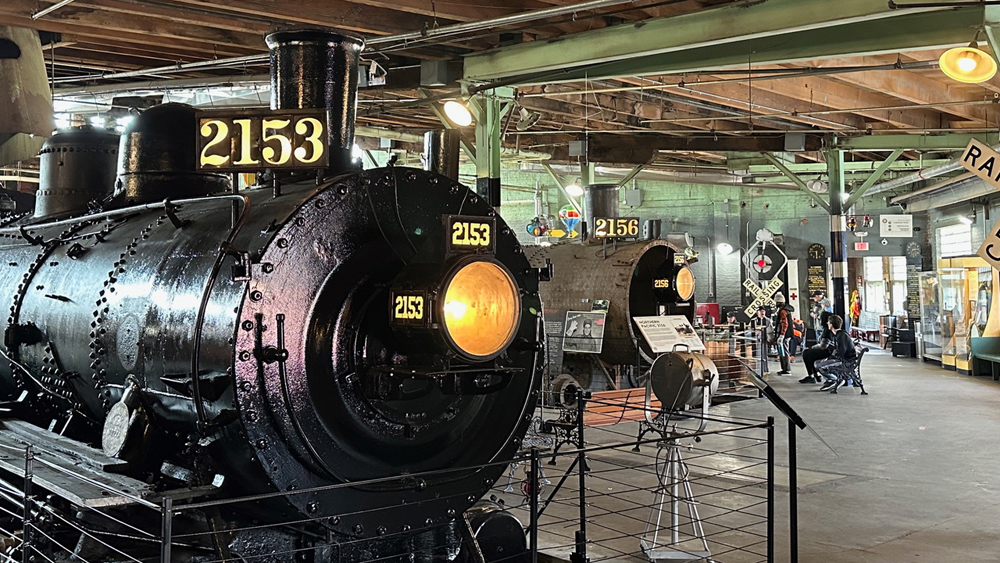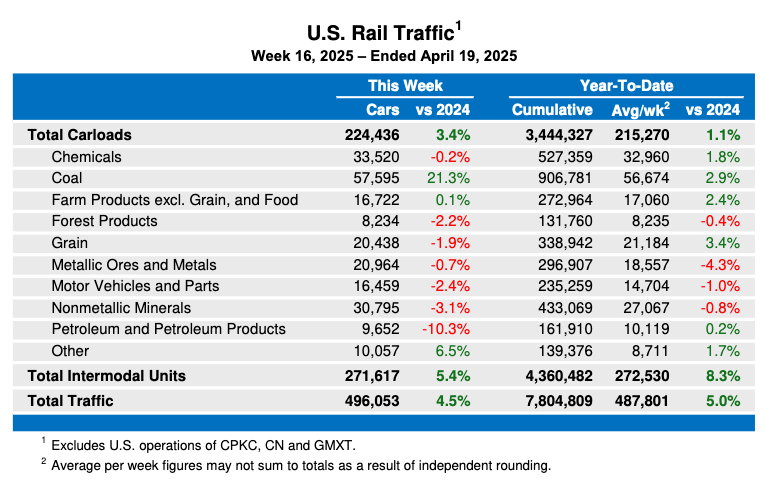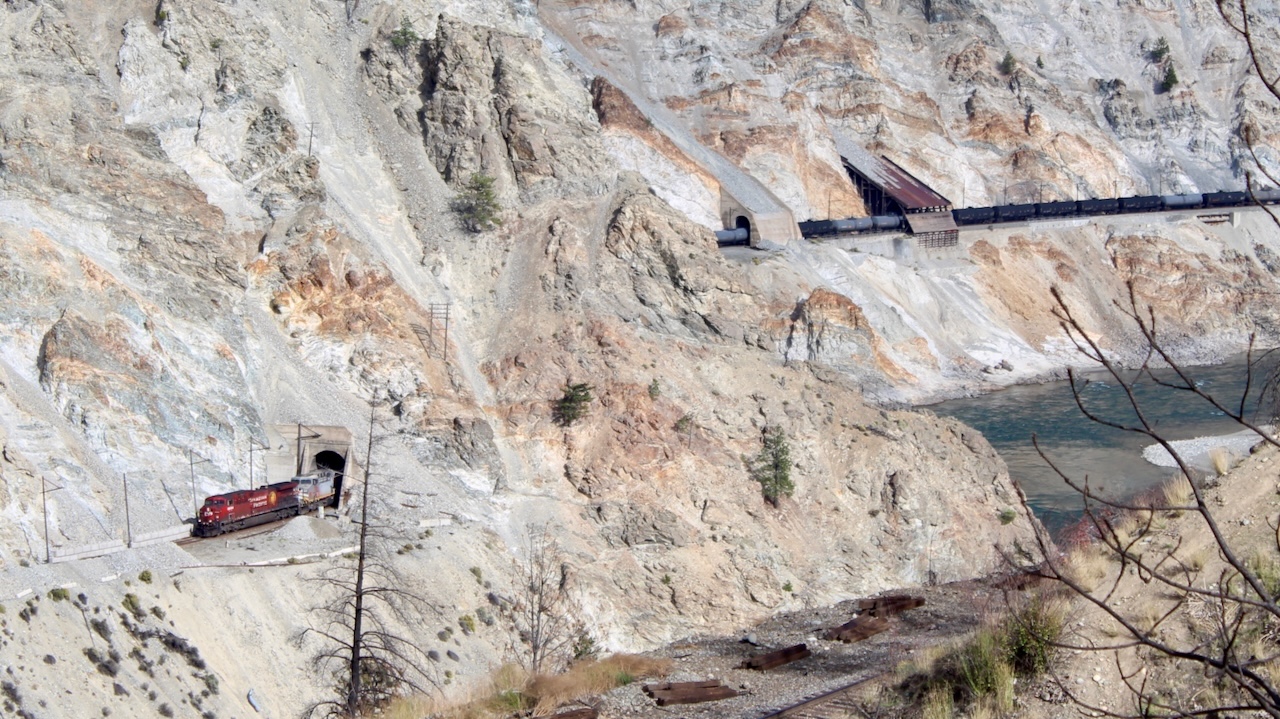
CALGARY, Alberta — Canadian Pacific Kansas City says it’s unlikely that its engineers, conductors, and rail traffic controllers in Canada can strike or be locked out within the next 60 days.
CPKC and Canadian National are conducting separate negotiations with the Teamsters Canada Rail Conference, whose members authorized a strike that could have begun on May 22. But last week the Canada Industrial Relations Board began a review of what commodities might be deemed essential and therefore would be required to continue moving during a work stoppage. The deadline for submissions from interested parties is May 21, with replies due on May 31.
That timeline has increased uncertainty about when freight traffic — as well as commuter service in Vancouver, Toronto, and Montreal, which are dispatched by CPKC — would be affected by a strike or lockout.
A legal strike or lockout can’t occur until the industrial relations board issues a decision on what commodities, such as propane, are deemed essential. Once a decision is issued, Canadian labor law requires 72 hours notice before a strike or lockout could begin.
On Thursday, CN announced it had made a new offer to the TCRC, while CPKC said it proposed to the TCRC that both parties agree upon what services should be maintained during a strike or lockout.
The railways and the union remain far apart on a contract agreement and have been negotiating with the assistance of federal conciliators. CN and CPKC both have proposed shifting train crews from the traditional mileage-based pay to hourly pay.
The union strongly opposes the hourly pay proposal, so CN said its new offer eliminates the hourly-rate proposal and is “within the existing parameters of the current collective agreement.” It would offer a higher pay rate for any work over 10 hours in a shift with a maximum of 12 hours per shift for employees in Western Canada. Employees would retain their existing 10 days of paid leave, 10 days of medical leave, vacation allotment, holidays and rest at their home terminal. It would include wage increases of 3% in 2024 and 2.5% in 2025.
It addresses government rules regarding rest periods by requiring employees to self-assess fitness prior to any shift, and limiting workers to 60 hours in a seven-day period or 192 hours in a 28-day period. They must also receive at least two nights of undisturbed rest every seven days.
CPKC said it believed its proposal for the two to agree on services during a strike or lockout “would eliminate the need for the CIRB referral process and bring much needed clarity regarding the timing of any potential strike or lockout. If no maintenance of services agreement is reached, based on precedent, it is unlikely the parties will be in a position to initiate a legal strike or lockout within the next 60 days.”
That means July 15 may be the earliest a strike or lockout could occur.
CPKC yesterday offered to enter binding arbitration with the TCRC to avoid a work stoppage, but the union declined.
The Canadian government’s commodity review was prompted by a request from the Canadian Propane Association.
CN executives who spoke at investor conferences this week said moving some commodities but not others during a strike or lockout would be impractical.
“We run a network business. We run our network based on origin and destination, not by commodity,” says Patrick Whitehead, CN’s chief network operating officer. “You could have a 150-car train that literally has 100 different commodities based on origin-destination pairs … It’s just not feasible for us to run on a commodity basis.”
It’s likely, he says, that other customers also would seek to have their shipments deemed essential to the health and safety of Canadians, which would only further complicate matters. “It truly is all or nothing,” Whitehead says.
CPKC has similar concerns. “I don’t know how you can point to one good over another commodity,” such as grain, fertilizer, or intermodal shipments of medicines, CPKC Chief Marketing Officer John Brooks told an investor conference on Wednesday.
Both railways have said they want to reach negotiated settlements with the TCRC, which represents train crews on both railways and rail traffic controllers on CPKC.
— Updated May 17 at 7:30 a.m. CT with new CN offer. Trains editor David Lassen contributed to this report.






